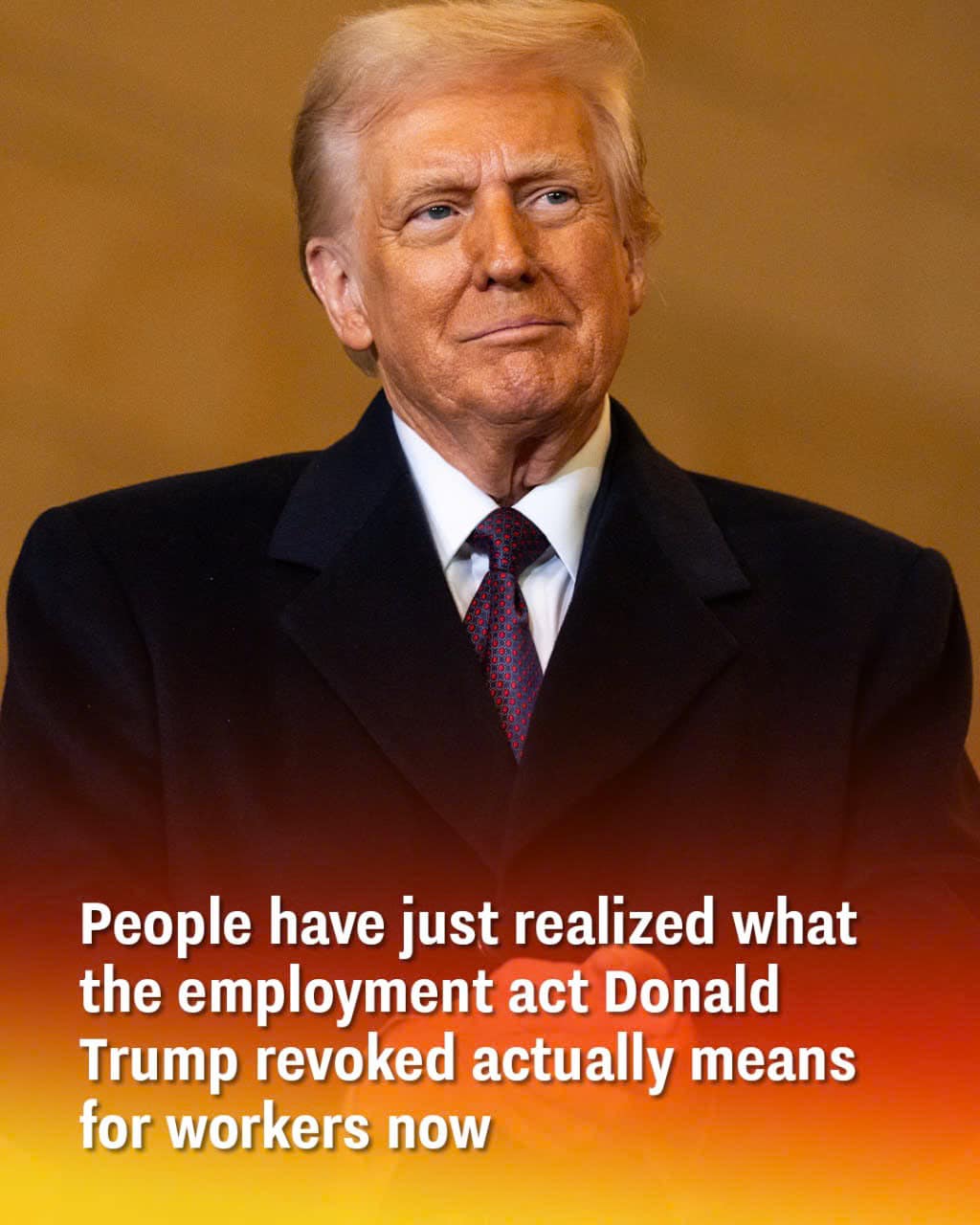Online discussions are intensifying over the implications of President Donald Trump’s recent decision to revoke a longstanding employment order, igniting widespread debate about its potential impact on workers nationwide.
After taking office on Monday, January 20, President Trump swiftly signed 25 executive orders within hours. These included halting the TikTok ban, revising immigration laws, and introducing policies emphasizing “only two genders.” However, one of the most contentious actions came on Tuesday, January 21, when Trump approved a proposal targeting diversity, equity, and inclusion (DEI) programs in the federal government.
The executive order, which Trump described as a move to eliminate “radical and wasteful government DEI programs,” revoked Executive Order 11246, issued in 1965.
This order had been a cornerstone of workplace anti-discrimination protections, prohibiting employers from discriminating based on race, color, religion, sex, sexual orientation, gender identity, or national origin. Trump’s decision effectively ends DEI initiatives within the Department of Labor, placing employees overseeing these programs on reassignment or paid leave, according to The New Republic.
What the Revocation Entails
The directive calls on federal agencies to prioritize up to nine civil compliance investigations targeting publicly traded corporations, large nonprofit organizations, foundations with assets over $500 million, state and local bar associations, medical associations, and higher education institutions with endowments exceeding $1 billion. Trump’s stated goal is to prevent companies from making hiring or promotion decisions influenced by race or gender, framing the move as a shift toward “merit-based fairness.”
Continue reading on next page…

